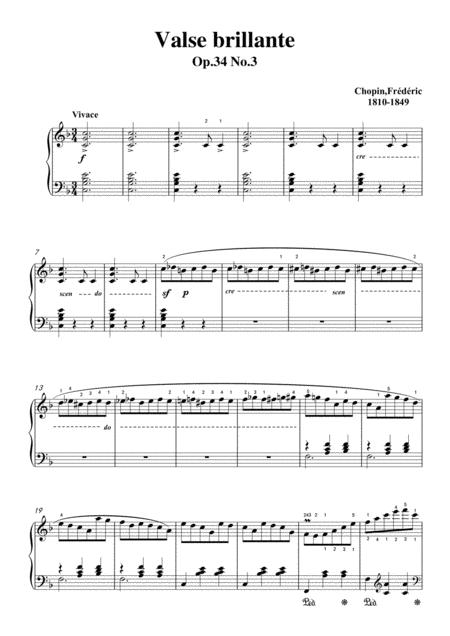

Unlike so many concert artists who pivoted to online performances when the pandemic began, and despite fans’ enthusiasm for streaming, Destrubé and his distinguished colleagues decided that the 13th Annual Pacific Baroque Festival performances will be one-time-only experiences. In the last few years, there’s been a great number of really wonderful early-music practitioners who’ve ended up in Victoria for one reason or another. It has become a kind of haven for early music.” And I’ve had the opportunity of going back many times and playing. I was one of the first students of the Victoria Conservatory of Music in 1965, when it opened. “Victoria’s where I grew up,” he says, “so there’s a sense of homecoming. The next concert “Italian Passion,” features soprano Suzie LeBlanc, the newly-appointed Artistic Director of Early Music Vancouver. The opening concert, The Master’s Masters-presenting Johann Sebastian Bach’s musical mentors-is a solo recital by Christ Church Cathedral organist Mark McDonald. CREDIT: Tara McMullenįor the 2021 Festival, Destrubé plays with just one other violinist, Kathryn Wiebe the viola da gamba player Natalie Mackie and the harpsichordist Christina Hutton. Soprano Suzie LeBlanc is the newly-appointed Artistic Director of Early Music Vancouver, and a featured soloist with the 13th Annual Pacific Baroque Festival. “So last year, we were extremely lucky, because it was just about the last activity that any of us had as performing musicians, or at least, performing for an audience, at the beginning of March, 2020 and then the world – the musical world at least – ground to a halt.” The fact that it’s in September, according to Destrubé, is, “Absolutely pandemic-related. This festival was supposed to happen back in February. In the shadow of COVID-19, the Pacific Baroque Festival is limiting ticket sales– just one-fourth of capacity–and the number of performers, distanced onstage. “It’s kind of an extra piece that provides comfort after the whole story of Christ’s crucifixion and resurrection and so on, and somehow just has the implication that life goes on.” They are about the passion of Christ, and I think the same thing,” says Destrubé. The repetitive forms known as chaconnes and passacaglias were often used by 18th century composers to reassure audiences that everything will be OK: from the finales of outrageous French operas, to Franz Biber’s heartbreaking mystery sonatas. I think that’s just reassuring, and maybe it’s like a child who likes to hear the same story over and over again.” “There’s fiddle music that has a bass line, or an implied bass line, and I just think there’s a kind of human instinct, of comfort of simply hearing the same bass line repeat and then having variations on top of it. “Of course, there’s lots of pop music that uses a very simple bass line that repeats,” he says. Marc Destrubé is a Victoria native, who now lives near Vancouver, BC.


 0 kommentar(er)
0 kommentar(er)
